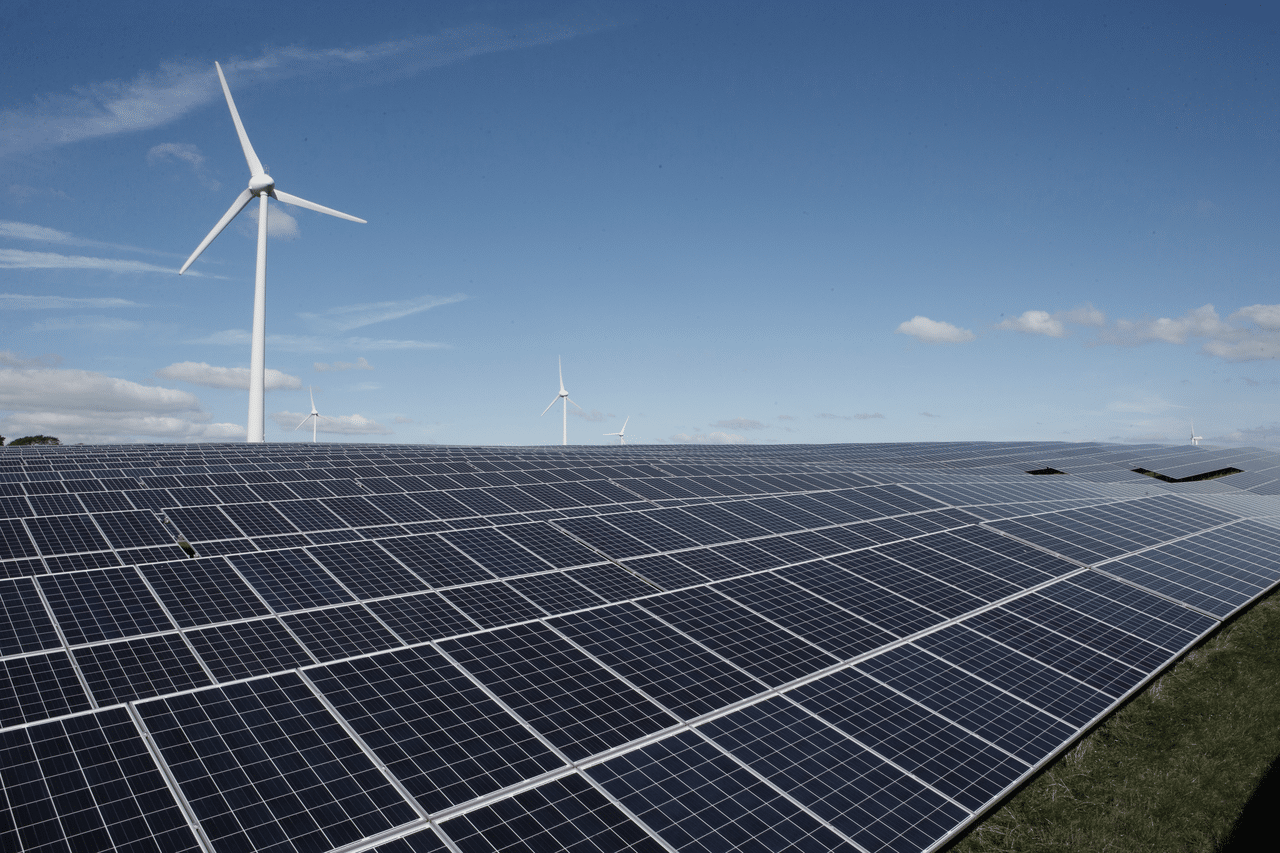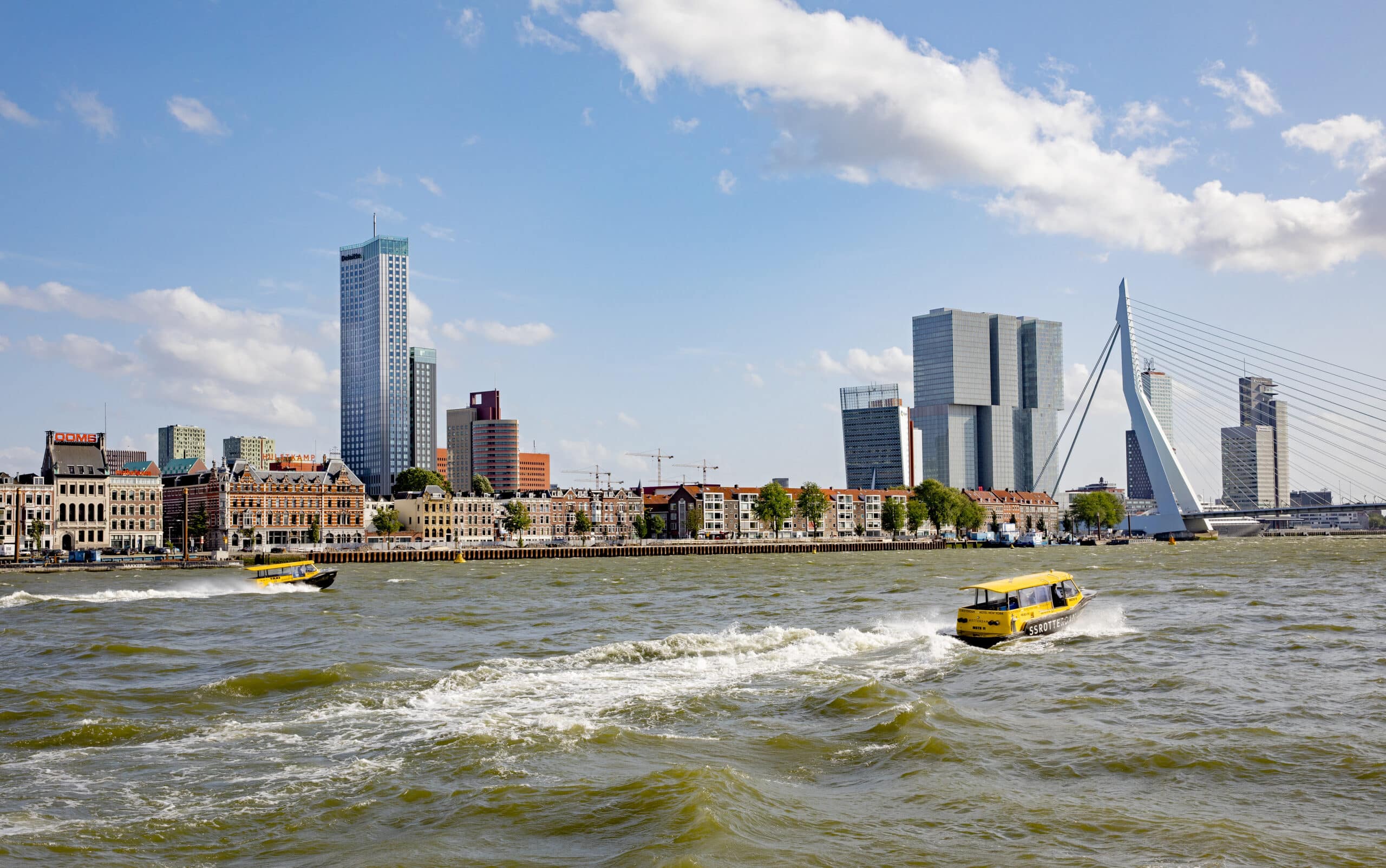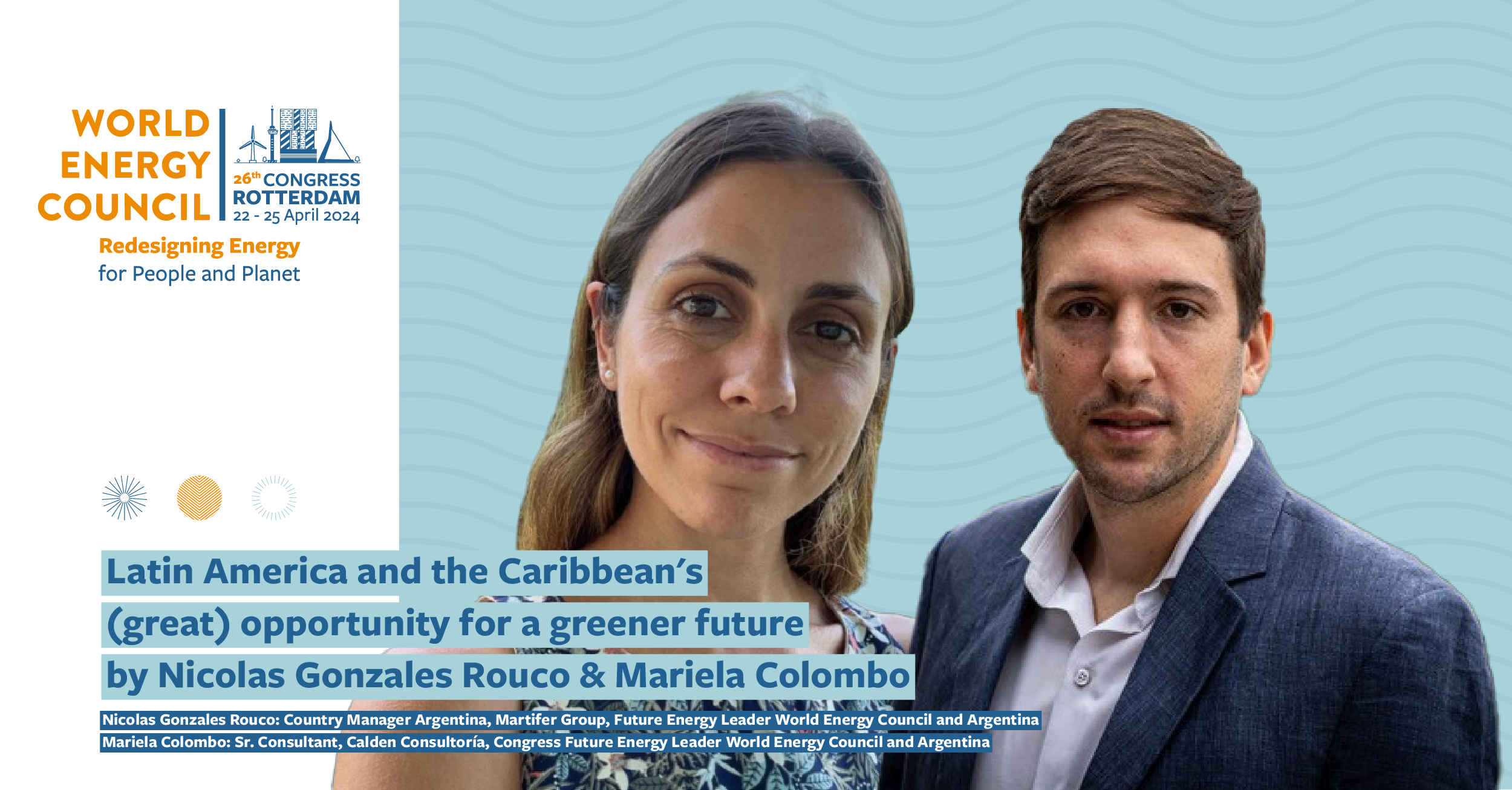Energy Transition for All
27.10.2023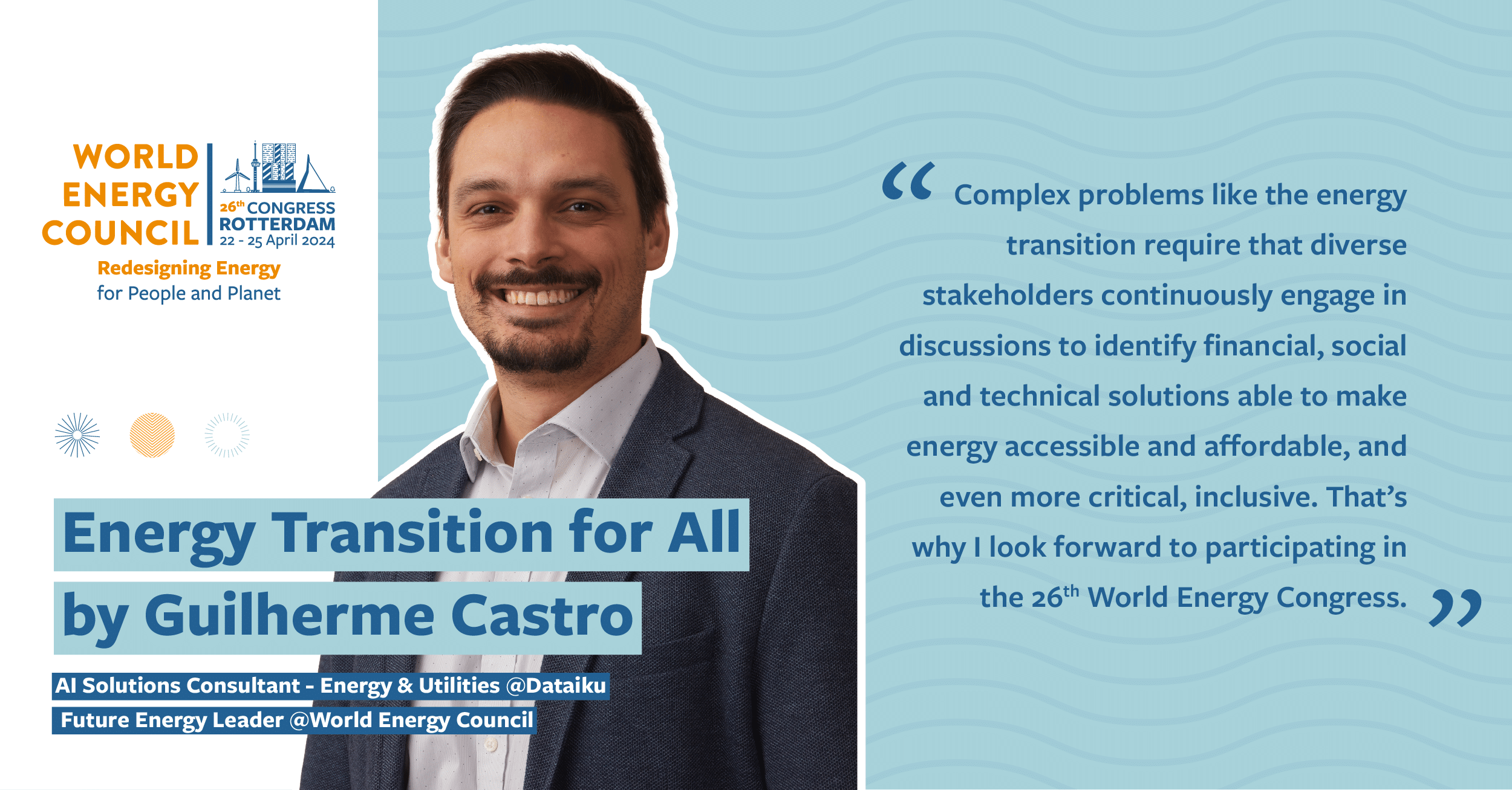
By 2030, the United Nations projects that 679 million people will continue not to have access to electricity if we keep the current pace of electrification worldwide. To put it in context, this number represents twice the current population of the United States. And connecting to the grid is not the solution to the problem but an essential first step on a long journey to enable households to afford the costs and become part of the energy economy.
We should be accelerating and pushing for the 100 million yearly connections required to solve the issue, but the reality is completely different. The current energy crisis, aggravated by the war in Ukraine, is making us retrocede on energy access and affordability rather than closing the gap. The International Energy Agency expects that 75 million people have lost their ability to pay for electricity services and 100 million for clean cooking solutions.
These numbers should already be alert for how the world is lagging in accelerating the energy transition. However, deep dive into them and we can identify another major consequence: inequality. In Global South countries, even consuming less energy, the poorest households paid proportionally to their income far more (9x) than the wealthiest. This means that whenever we look to the Sustainable Development Goal 7 of the United Nations 2030 agenda and see “ensure access to affordable, reliable, sustainable and modern energy for all”, we are on track to fail on most of the targets, especially “for all”.
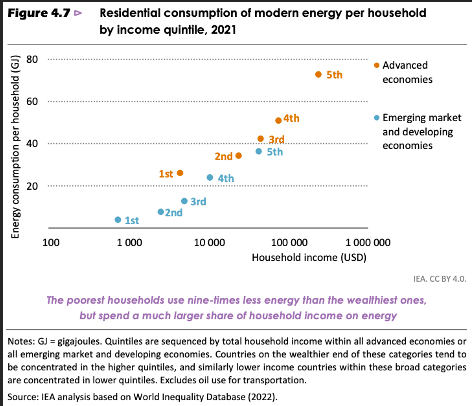
Thankfully, the energy transition is not only half-glass empty. In the past ten years, not even the most optimistic experts anticipated such fast cost reduction for clean-energy technologies. The result is that technologies like solar PV and electric vehicles continue getting more accessible and open the possibility for more individuals to participate in the transition. But if costs are going down, and technologies are available to allow us to move into a more just energy system, one question then comes to mind: what is necessary to speed up the transition?
There is no single answer to this question, but there is one joint action to make it possible: collaboration!
Complex problems like the energy transition require that diverse stakeholders continuously engage in discussions to identify financial, social and technical solutions able to make energy accessible and affordable, and even more critical, inclusive. That’s why I look forward to participating in the 26th World Energy Congress in April 2024 in Rotterdam. The Congress offers a unique opportunity to join efforts with representatives of major energy companies, governments, independent organisations and my fellow Future Energy Leaders representing every corner of the globe. If Humanising Energy is the World Energy Council’s call to action, joining us at the Congress next year is a clear response to this call and an essential step towards strengthening this worldwide community to build and change our global energy system – making it for all!
I see you in the Dutch spring for the 26th World Energy Congress! Join us on the RoadtoCongress.
Guilherme Castro
AI Solutions Consultant – Energy & UtilitiesDataiku
Future Energy Leader World Energy Council
